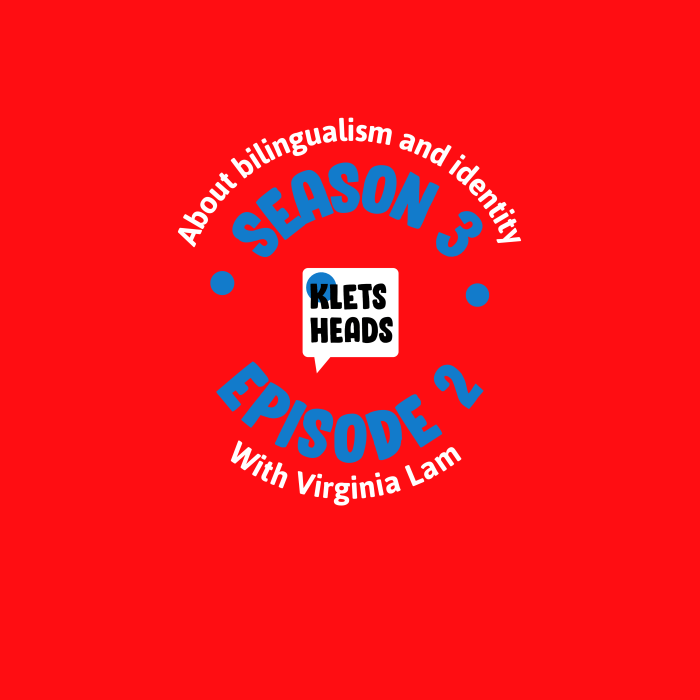Identity. It’s a word you often hear when talking about children growing up in a bilingual family, but what does identity really mean? To what extent can you have multiple identities, belonging to different cultures or ethnic backgrounds? What are the consequences for children if they identify more in one way than the other? What role do parents, friends, school and wider society have in play? In this episode, we’re answering these questions with Virginia Lam, researcher at Univeristy of Roehampton in London, herself a bilingual speaker of English and Mandarin and mother of two bilingual children.
We learn that there’s an important difference between ‘identifying as’ and ‘identifying with’ something or someone. For example, children might consider themselves ‘half Chinese, half English’ because they have a Chinese and an English parent, but this doesn’t necessarily mean that they will feel like they are Chinese. We also heard that children start to develop their identity from very early on and that identity continues to develop throughout childhood and the teenage years into adulthood. Research shows that children who identify with both their HL culture and the mainstream culture will grow up into healthier and happier individuals and that family life will benefit from these positive identities, too.
Towards the end of our conversation, Virigina mentioned a resource called the Library 4 multilinguals developed by Yoshito Darmon-Shimamori. I also mentioned another episode of Kletsheads about well-being in bilingual families.
In this episode I also shared another Kletsheads Quick and Easy, a concrete tip you put into practice straightaway to make the most of the bilingualism in your family, class or clinic: Find something from your own culture to share or do!
Dr. Virginia Lam is senior lecturer at the University of Roehampton, London. She’s a psychologist and her research focuses on identity, bilingual development, and complementary language schooling.


In Let’s Klets I spoke to Denise Amankwah. Denise is as a speech and language advisor (not therapist!) on a project called the London EAL project at Speech and Language UK, working with children learning English as an additional language and their families. She has a Masters in Education, specialising in Language and Literac,y and also has an undergraduate degree in Linguistics, as well as years of experience as an Early Years Practitioner.
As you’ll hear in our conversation, Denise is passionate about supporting parents and teachers to encourage children to see bilingualism as a gift, and she’s particularly interested in sharing the positive messages surrounding bilingualism to Black African families from ex-colonies where a European language tends to be the most superior. She grew up bilingually in the UK in a Ghanian family speaking Twi, a language which she understands completely but no longer speaks actively, making her what we call a “receptive bilingual”.

